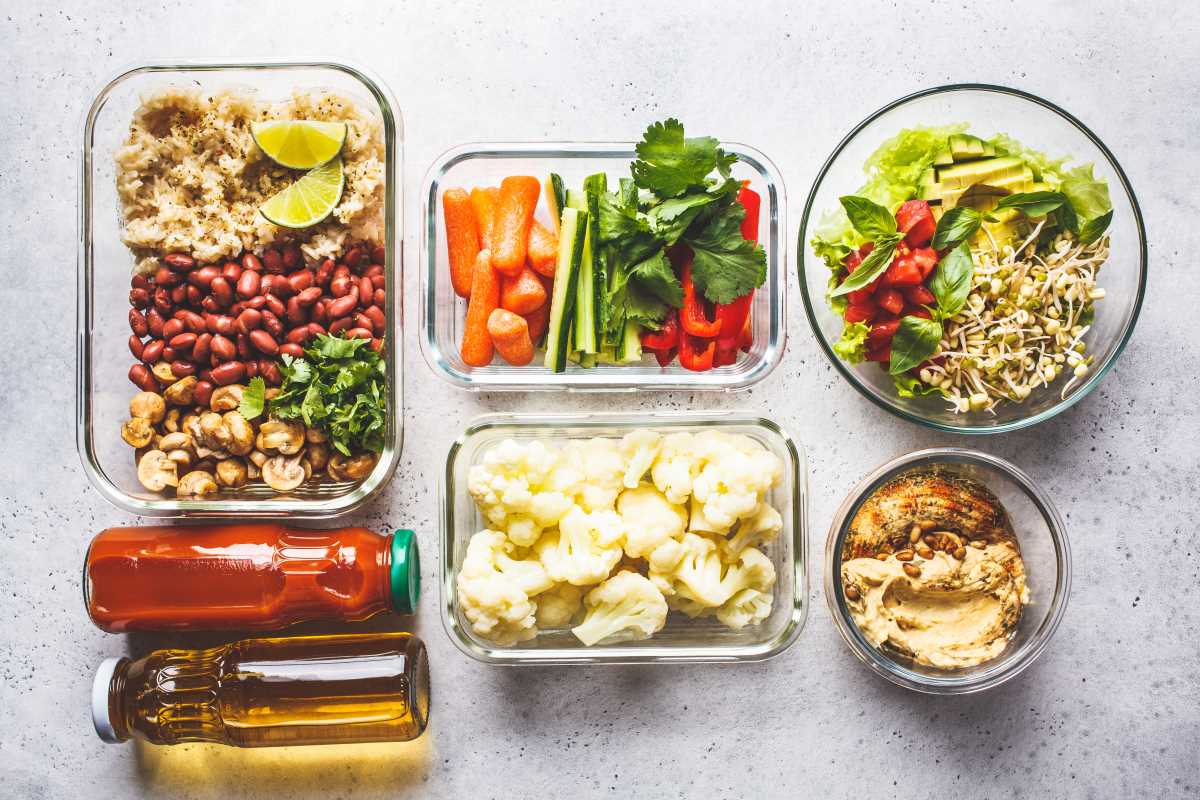Our planet faces a pressing challenge with food waste, which not only affects our budgets but also harms the environment. Each year, countless tons of perfectly good food end up in landfills, leading to avoidable greenhouse gas emissions and squandering the valuable resources invested in its production. By taking proactive steps to plan our meals more thoughtfully, we can make a meaningful difference in cutting down this waste right from our kitchens. This small change in our daily routines not only helps preserve the environment but also ensures that the energy and effort put into producing our food do not go to waste.
Understanding Food Waste at Home
Food waste refers to any edible food that people discard or leave uneaten. At home, this can happen for various reasons, including over-purchasing, improper storage, and lack of meal planning. Common contributors to food waste in households include expired products, leftover food that people don’t reuse, and produce that spoils before consumption.
Understanding the specific ways food waste occurs in your home marks the first step toward addressing the problem. By identifying patterns and habits that lead to waste, you can implement targeted changes to effectively minimize it.
Creative Meal Planning
- Plan Weekly Menus: Outline your meals for the week to ensure you buy only what you need.
- Create a Shopping List: Stick to a list to avoid impulse purchases that might not get used.
- Incorporate Leftovers: Design meals that can easily use leftover ingredients.
- Use Seasonal Produce: Choose fruits and vegetables that are in season to maximize freshness and reduce spoilage.
- Batch Cooking: Prepare large quantities of certain dishes that you can store and enjoy later in the week.
Implementing these meal planning techniques helps ensure that you purchase and prepare only the amount of food you need, which significantly reduces the chances of waste.
Maximizing Leftovers
- Turn Leftovers into New Dishes: For example, use leftover roasted vegetables in a stir-fry or blend them into a soup.
- Freeze Excess Portions: Store portions of meat, bread, or cooked meals in the freezer for later use.
- Repurpose Stale Bread: Make croutons or breadcrumbs from bread that’s past its prime.
- Use Every Part of Produce: Incorporate stems, leaves, and other typically discarded parts into your cooking.
- Preserve Surplus: Turn extra fruits and vegetables into jams, pickles, or dehydrated snacks.
By creatively reusing leftovers and utilizing eco-friendly kitchen scraps, you significantly cut down on the amount of food that goes to waste while also saving time and money in the kitchen.
Smart Shopping Habits
Adopting smart shopping habits proves essential for minimizing food waste. Start by assessing your household's food consumption patterns to determine the right quantities to purchase. Avoid buying items in bulk unless you are certain you will use them before they spoil.
Resist impulse buys by sticking to your shopping list. Impulse purchases often lead to overbuying items that may not be necessary, increasing the likelihood of food waste.
Storage Solutions to Extend Shelf Life
Proper storage keeps food fresh longer. Invest in airtight containers to preserve the freshness of fruits, vegetables, and other perishables. For items prone to spoilage, such as leafy greens and berries, consider using produce-specific storage solutions like humidity-controlled drawers.
Labeling your storage containers with purchase or expiration dates helps you keep track of what needs to be used soon, preventing spoilage and ensuring that food gets consumed while still fresh.
Engaging the Family in Waste Reduction
Reducing food waste becomes more manageable when the entire family gets involved. Encourage everyone to participate in meal planning and prepare meals together. This not only creates a sense of responsibility but also educates younger family members about the importance of sustainability.
Implementing family challenges, such as minimizing waste for a week or creatively repurposing leftovers, makes the process fun and engaging. By making waste reduction a collective effort, you achieve more significant results and build lasting habits.
Implementing these strategies significantly reduces food waste and promotes sustainability. Consistent meal planning, smart shopping, proper storage, and family involvement ensure efficient home food use, benefiting both your household and the environment.







